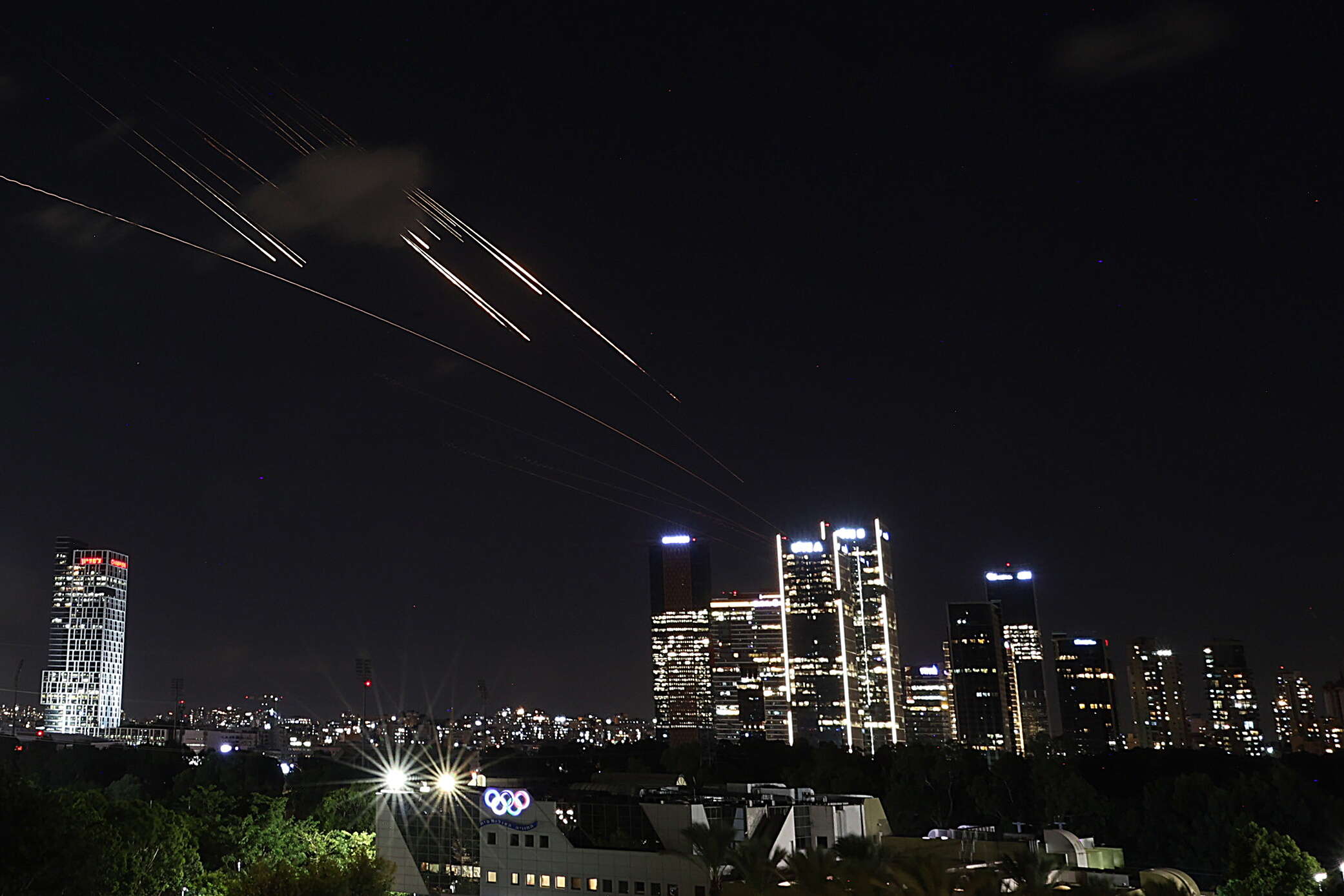In a wide-ranging 60 Minutes interview, Vice President Kamala Harris addressed critical foreign policy issues, with a particular focus on Iran and US-Israel relations. The conversation began with a direct question about America's greatest foreign adversary.
Harris responded unequivocally: "I think there's an obvious one in mind, which is Iran. Iran has American blood on their hands." She emphasized the recent attack on Israel, stating, "This attack on Israel, 200 ballistic missiles, what we need to do to ensure that Iran never achieves the ability to be a nuclear power, that is one of my highest priorities."

The interviewer asked: "So if you have proof that Iran is building a nuclear weapon, would you take military action?" To which Vice President Harris responded: "I'm not going to talk about hypotheticals at this moment."
Harris defended US aid, explaining, "The aid that we have given Israel allowed Israel to defend itself against 200 ballistic missiles that were just meant to attack the Israelis and the people of Israel." She highlighted threats from "Hamas, Hezbollah... Iran," asserting it is "without any question our imperative to do what we can to allow Israel to defend itself against those kinds of attacks."
In a recent 60 Minutes interview, Vice President and presidential candidate Kamala Harris identified Iran as one of the United States' greatest adversaries. However, when pressed on whether the U.S. would take military action against Iran's nuclear weapons program, she declined… pic.twitter.com/gVve998eOv
— OSINT Aggregator (@AggregateOsint) October 8, 2024
Addressing diplomatic efforts, Harris said, "The work that we do diplomatically with the leadership of Israel is an ongoing pursuit around making clear our principles, which include the need for humanitarian aid, the need for this war to end, the need for a deal to be done, which would release the hostages and create a ceasefire." She added, "We're not going to stop in terms of putting that pressure on Israel and in the region, including Arab leaders."
When questioned about Netanyahu's apparent resistance to US advice, Harris countered, "The work that we have done has resulted in a number of movements in that region by Israel that were very much prompted by or a result of many things, including our advocacy for what needs to happen in the region."
The interviewer highlighted potential escalation, noting, "He [Netanyahu] has promised to make Iran pay for the missile attack and that has the potential of expanding the war."
When asked about the personal relationship with Netanyahu, Harris pivoted, stating, "I think with all due respect, the better question is: do we have an important alliance between the American people and the Israeli people, and the answer to that question is yes."




